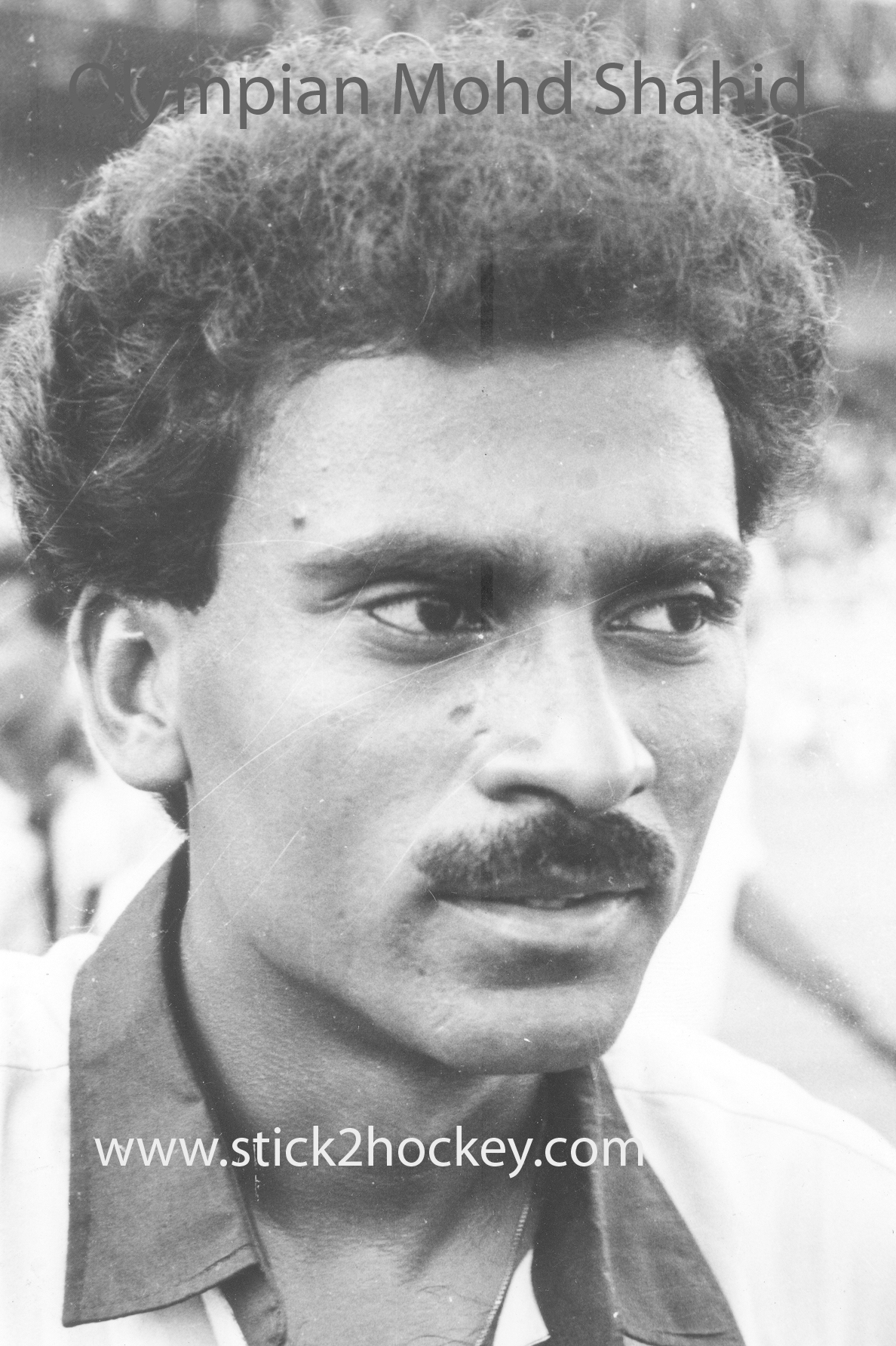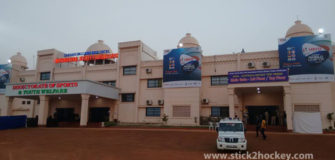Share
Manakshaw’s mantra
VASUDEVAN BASKARAN knows what he talks. Having played at two Olympics and then coaching Indian men’s national hockey team for two World Cups and a Olympics besides many others, he is one player whose words should count. Padamshree Baskaran, as he is known in his metro, reminisces:
“I remember when the team for the 1980 Moscow Olympic Games was announced. Field Marshal Sam Manekshaw, who headed the All India Council of Sports then visited in Bangalore. His pep talk, his motivation, remained with me all through the Moscow Olympic day. He had said, ‘You look tough and you have a fire in your belly. Pass this on to your teammates. They are young and can play with speed. Play well and you will finish on the podium.’
“We were a very young side, media had particularly been quite critical of this fact. Barring Bir Bahadur Chhetri and myself, no one else in the team had played at the Olympics before. In fact, up until then, many had not even taken a flight much like the Indian cricket team from 1970. I agree we were raw and there was no much activity after the 1978 Asian Games.”
Young but formidable
But when I look back, I am filled with pride about my team. We had picked the best 16 players out of the 24-25 who were selected for the Bangalore camp. We had a formidable starting eleven with Davinder Singh as our penalty corner specialist, Sylvanus Dung Dung and Rajinder Singh Sr. joined him at the back. Right half was Gurmail Singh, Centre-half Ravinder Pal Singh, just a 19-year old colt from the Uttar Pradesh Sports Hostel, I was left-half, Zafar Iqbal the left winger, Mohd Shahid (below) centre forward, right winger was MK Kaushik while Amarjit Singh Rana the forward.”

“Allen Schofield from Bangalore, Mervyn Fernandis, Surinder Singh Sodhi, MM Somaya and Charanjit Kumar were brilliant in their roles. Balakrishna Singh was our coach and Dayanand from Kerala our manager. What brings me pride is the fact that 7, 8 players from this squad went on to play for India for another 8-10 years. They became the stars of their own right”.
Draw against Spain, turning point
Our campaign in Moscow didn’t begin too well. After a 18-0 win against Tanzania, we had drawn 2-2 against Poland. We could have won that match had we not missed last minute chances and I had missed a penalty stroke. In the next match, we drew 2-2 again but this was against Spain, the European Champions that year. This I believe was the turning point of our campaign.
During the long walk back to the athletes’ village from the hockey venue, I had a chat with the boys and convinced them that a 2-2 draw against the European Champions is a good result. I had to build that self-belief in them and Spain was a fantastic team with one of the best coaches in the world. They had a great forwardline. Holding them actually made me feel confident”.
Semifinal against the hosts and big crowd
We met the host Russia in the Semifinal. They were a good side with well-built players. We looked like tiny tots in front them. Unlike today, we never had video analysts back in the day. I would visit the Games Village library before the match against Russia and would record their other games on a video cassette and come back, play it to the team and analyse. One thing I always told the team was. “play your best, show your skill, defend well and don’t concede early.”
The game changers from Bombay
The Bombay lads were the game changers in the team. They had the right experience from the club culture in Mumbai, playing for TATAS and the Mahindras almost full-time made them very sharp. They were smart on the field, clever and tactical. They played a lot of football too and had great knowledge of the game and positioning. Zafar from Delhi, I was playing for Railways, Allen from Bangalore and Davinder from Punjab Police, we had developed a strong connection as a team.
Our forwardline had shocked the Russians who were backed by a strong 12,000-odd people on the stands. Going into the final, the boys were very motivated. We took a 2-0 lead at half time and went one up in the early second half. Though Spain bounced back, we beat them 4-3 to win the Gold Medal.

Players need to give minimum 80 percent
To achieve this kind of result, every single player needs to give his minimum 80 per cent if not 100. Every team at the Olympics come to win and they will do everything they can to stop you from giving your 100 per cent. Podium finishes cannot happen with just 4-5 players giving their 80 per cent and the rest giving their 60 per cent.
Every single player needs to be consistent and for the Indian Men’s team the Chief Coach Graham Reid has pointed this out several times. While playing the in Hockey Pro League against top teams it will set good momentum ahead of the Olympic Games, my advice is that the team should not read too much into the results. Olympics will be a very different stage compared to the Pro League and each player will be playing about 200 minutes of play on average with back to back matches.
Women’s Team can achieve success too
Since I have watched this women’s team closely too, I feel they have great potential to do well. They have shown good results against top teams in the past few years and they can surely be the dark horse at Tokyo. Execution is the key for oth teams. They have the talent, they need to execute to perfection. If they do, they can surely finish on the podium.”
With main input from Hockey India Feature


